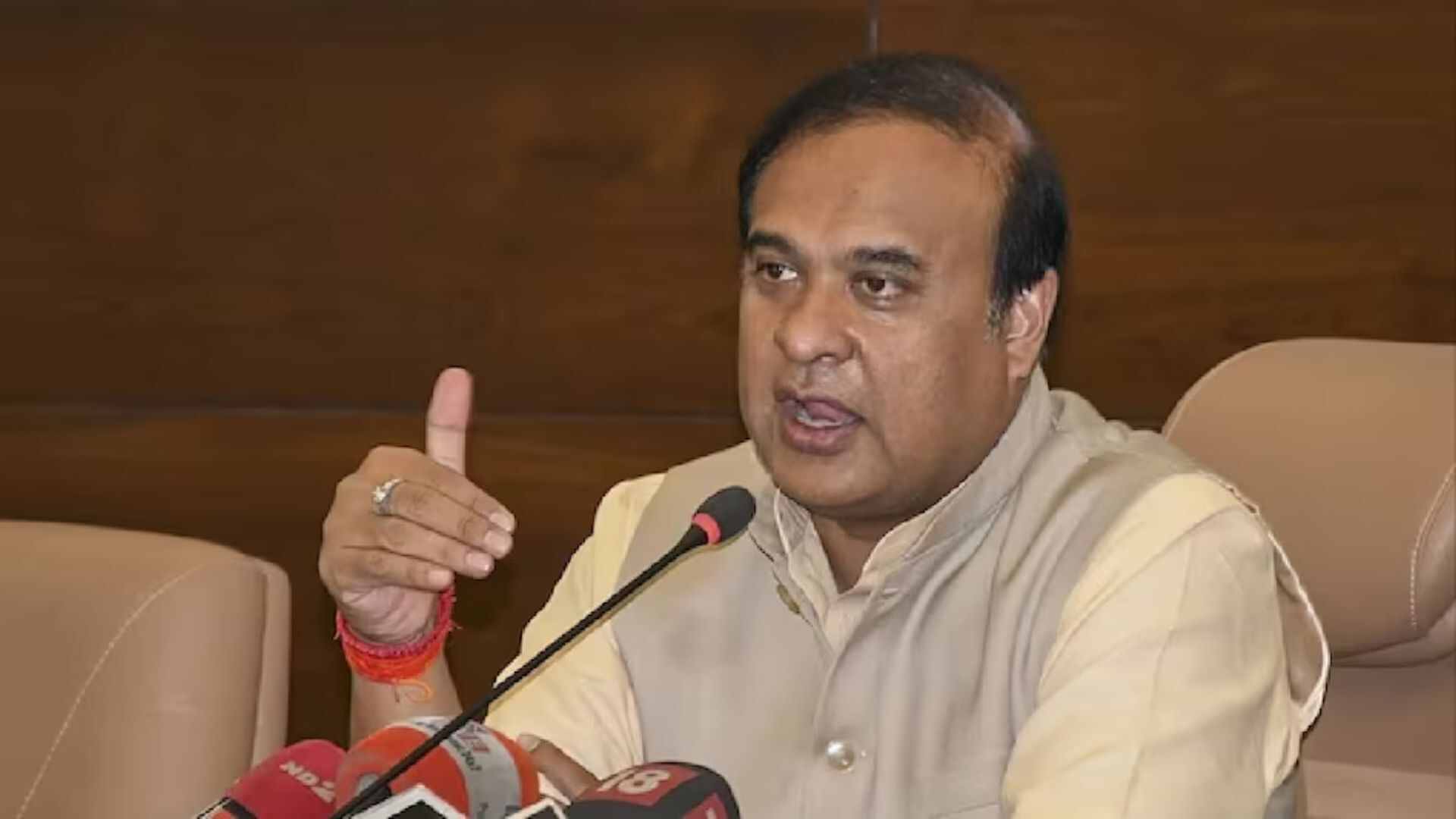Education is the backbone of any country be it developed, developing, or underdeveloped. A crucial role has been played by education in technological advancements and imparting skills and awareness. People have realised the importance of education for a better living. Innovative initiatives like free primary education, mid-day meals, and other facilities at school have encouraged the unprivileged to send their children to schools.
Since the schools and colleges have been shut for more than two years, the majority of students have minimal access to education considering several factors like lack of access to resources, poor internet, absence of strict measures, and so on. Due to these obvious issues, most of the students have unlearned what they had learned over the years. A long-term outlook of digital innovations in education will truly democratize education in India.
Numerous novel ways are being devised, experimented with, and adopted by the stakeholders in order to attempt to deliver the highest quality education to students. Digital innovations delivering education at scale can solve issues to democratize education in a developing country like India. This model seamlessly integrates digital capabilities along with physical assets.
BLENDED LEARNING APPROACH
We as citizens of India should equally contribute to solving the gaping education crisis that emerged during the pandemic. We need to put our shoulders to the wheel and create a system where students don’t just have to learn via e-books and audio-visual lessons but also have access to physical resources and centers nearby in order to take hands-on training that can’t be attained by sitting at home. Such innovations will help students to continue pursuing education. This blended learning approach would enhance their learning experience, inspire them to explore, and foment innovation.
The process of blended learning has democratized education in several sectors of our society. Educational technologies (edtechs) are playing a crucial role in democratizing education in India, they went the extra mile to help learners amid the pandemic. The pandemic has demonstrated that parents and teachers are adopting a more practical approach to imparting education. Curriculum designs are now personalized and more practiser-oriented paving the way for the continuation of the hybrid mode of learning.
INNOVATION IN TEACHING METHODOLOGY
High-quality content is abundant in education, even our teachers can be trained online and get access to high-quality global training. Also, the teachers are now coming up with more innovative ways to deliver lectures to students via Augmented Reality (AR), and Virtual Reality (VR). This way digital innovations can successfully enable a higher literacy rate across India. A nation with a higher literacy rate will lead to a lower unemployment rate and improved GDP growth.
The creation of free standardized content would prove beneficial for learners to grasp knowledge. The medium to disseminate it could be the widely used mediums like radio, televisions, etc. To support the traditional teaching method, parents, volunteers, and senior students are joining their heads in supporting the continuity in the learning process. Apart from this, redefining the term ‘teacher’ and decentralizing community-based solutions can create a new learning model.
The writer is the Co-founder and CEO, Careerera.







